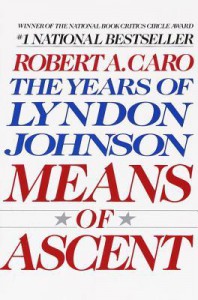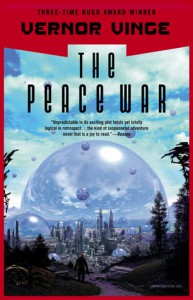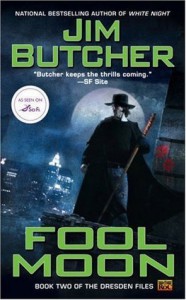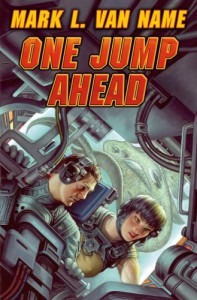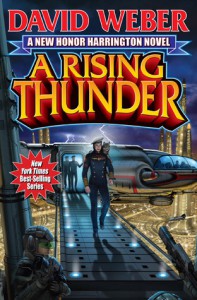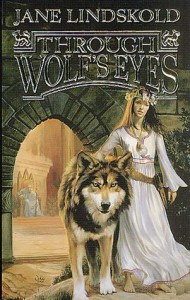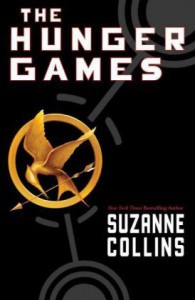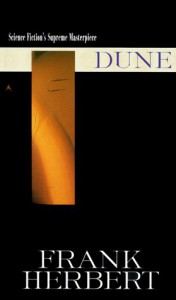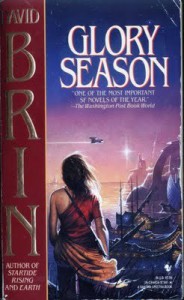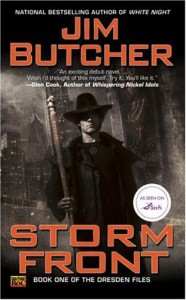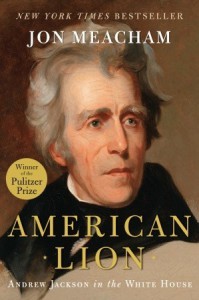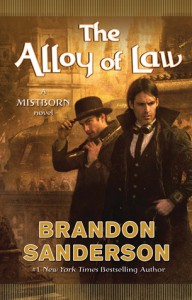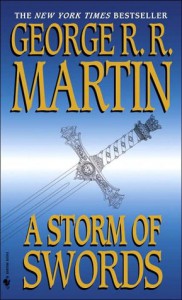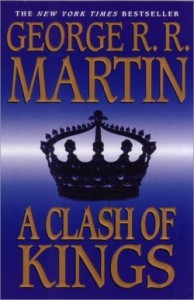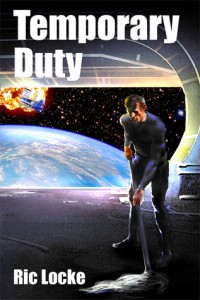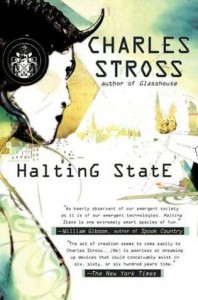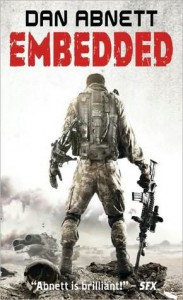Review: Means of Ascent
Means of Ascent by Robert Caro
My rating: 5 of 5 stars
Personal Enthusiasm: A Great Book
I loved the first volume of Robert Caro's biography of Lyndon Johnson, The Path to Power. I'd ever read a better biography. I've still never read a better one but I've now read one that's just as good.
This book really succeeds because it's essentially four stories in one book.
Chapters 1-5 are the story of Johnson's later years in Congress and what he did during World War II. (Johnson spent most of the war avoid danger and then flew into danger, literally, at the last minute in order to have some record to present to his increasingly restless constituents.) This first section of the book is crucial. It portrays the absolute desperation that Johnson felt both to get out of the House and to gain wealth.
I feel that this section of the book is the slowest and repeats the most information from The Path to Power. (Sometimes entire paragraphs are listed from the previous book.) Caro did this to remind the reader of crucial aspects of Johnson's character but, when reading the books back to bad, it really feels repetitive and slows the pace.
Chapter 6 is a terrific look at crony capitalism. This is where the book really begins to pick up, in my opinion. It's the story of how Lyndon Johnson acquired the KTBC radio station. He used the power of politics to turn a money-losing business into an insanely profitable business practically overnight. If you've ever wondered how crony capitalism works or how a politician can become wealthy just from "serving" in Congress, this is your chapter. After reading it, I don't think I'll ever look at the intersection of business and politics the same way again.
Chapter 8 is an utterly fascinating mini-biography of Coke Stevens, a forgotten figure in Texas politics. Prior to the 1948 Senate race, he was a living legend. During the race, Johnson and his partisans slimed him mercilessly. Today, he's remembered only as another reactionary conservative in a long-line of reactionary conservatives.
Robert Caro corrects the historical record and shows a man who lived an incredible life as a self-taught lawyer, accountant, architect, and rancher. He ran a one-man "freight line" when he was just 17, transporting goods in and out of the most inhospitable regions of Texas. He drove the horses during the day and taught himself law at night, by firelight. He scrimped and saved to buy his own books, always saving a a tiny amount for the ranch that he wanted to one day buy.
When he did finally start to buy land for his ranch, he did all of his own branding and shearing. He taught himself architecture so that he could build single handedly build his ranch house. He dug his own post holes and set his own fence posts. He nearly singlehandedly built the entire ranch, from the ground up.
He was a politician only reluctantly but was the most successful politician in Texas history. In his second gubernatorial election, he received 85 percent of the vote (the highest ever total in a contested Texas primary) and won all 254 Texas counties. "He was also the only man in the state's history who had held all three of the top political posts in state government: Speaker, Lieutenant Governor, Governor." And he served an unprecedented two consecutive terms as Speaker: the only man in Texas to ever succeed himself as Speaker.
This mini-biography alone is nearly worth the entire purchase of the entire book.
Chapters 9-16 chronicle the 1948 Senate election. Caro definitely investigates allegations that Johnson stole the election—and finds them to be true beyond a reasonable doubt. The fraud was breathtaking in both its sheer audacity and scope.
More than that though, he chronicles the entire election. Johnson, a mediocre vote getter, was running against Coke Stevenson, the most successful vote getter in Texas history. Johnson had very little hope of beating Stevenson in a fair fight. So, he did the only thing he could: he relentlessly slimed his opponent. He used an unlimited fund of money, coming from crony capitalists dependent on him, to blanket the radio airwaves, to cover newspapers, and to stuff voter mailboxes with dishonest rhetoric and accusations. It was the most rotten and contemptible form of campaigning imaginable and Caro reports on every aspect of it.
I can't recommend this book highly enough. It was a fascinating and enlightening look at modern American politics and a pivotal player in them.
This entry was tagged. Book Review Review
